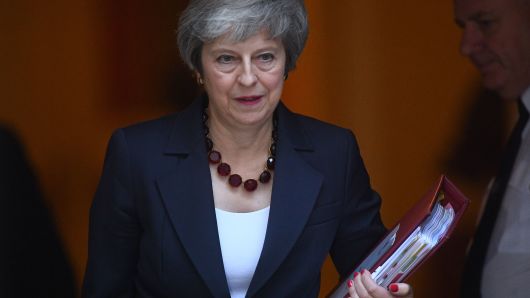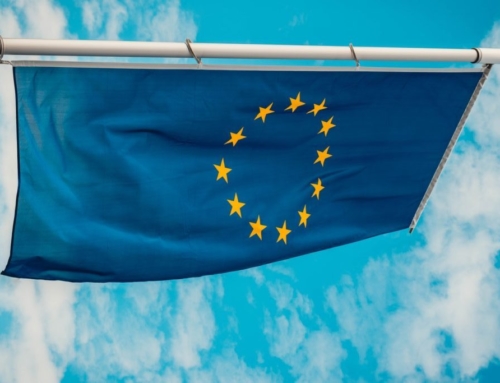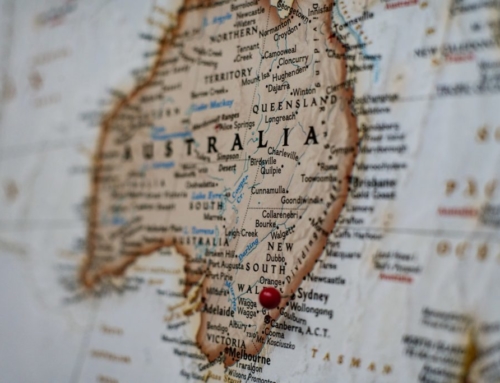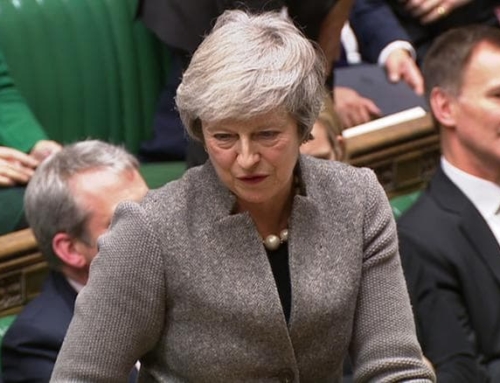European citizens will no longer get priority when applying to live and work in Britain in a radical overhaul go immigration policy after Brexit. Theresa May has admitted this will mean British citizens will have to apply for US-style visas to visit and work in Europe.
The prime minister said the terms of the final deal with the EU could include mobility concessions, but said this would be within the control of the British government.
Another change to the visa system was mentioned by The Home Secretary, Sajid Javid as he said the government are considering to drop the cap on highly skilled visas altogether.

The policy was announced overnight and May has said it “ends freedom of movement once and for all” and that Brits would also most likely have to face restrictions travelling to the EU but all will depend on the final outcome of the Brexit talks.
However when she was questioned about the difficulties UK citizens may face when travelling to Europe, she said it was only ‘part of the negotiations’.
Under this new policy May mentioned highly skilled workers wanting to work and live in Britain would be given top priority while the low skilled immigration would be out aside, although the final terms will be subject to the the final decision.
Speaking on BBC Radio 4’s Today programme, May said she was not ruling out mobility concessions as part of a future Brexit deal, and that tourism and business travel were a component of the negotiations.
“In any trade deal countries do, there are normally parts of that which are about things like movement of businesspeople, and so forth,” she said. “But if we do a deal like that with the European Union, those elements will be open for trade deals with others as well.”
May has said the government are urging British citizens to fill vacancies in areas such as hospitality and social care which at the moment heavily employ EU migrants
“We’ll ensure we recognise the needs of the economy,” she said. “If you look at these low-skilled areas, we hope there will be the ability to train people here in the UK to take jobs.”
“I’m not saying there are suddenly going to be lots of sectors of the economy which are going to have exemptions, which means you no longer have an immigration policy,” she said. “This is reflecting what a lot of people in this country want.”
May said in a statement announcing the policy: “For the first time in decades, it will be this country that controls and chooses who we want to come here. For too long people have felt they have been ignored on immigration and that politicians have not taken their concerns seriously enough.”
The government has said it intends to publish a white paper next year and a bill the following year, meaning it is highly likely MPs will not get to vote on the legislation before the UK leaves the EU in March.





